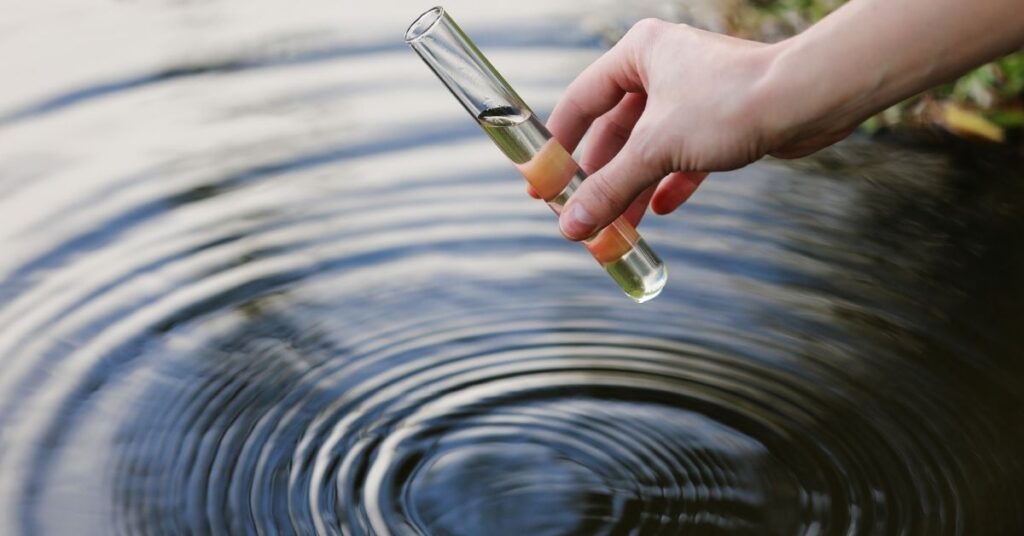Water might look clean, but appearances can be deceiving. Whether it comes from a tap or a borehole, water should always be tested to ensure it’s safe. That’s where proper drinking water potability checks come in. If you want peace of mind about what’s flowing through your taps, here’s what you need to know.

Why Water Quality Matters More Than Ever
You may assume your water is fine because it doesn’t smell or taste odd. But water can carry bacteria, heavy metals, nitrates, and even pesticides—without any obvious signs. That’s why regular water testing is essential, especially if you’re using borehole water or live in areas with older infrastructure.
You don’t need to guess whether your water is up to standard. Certified water laboratories and professional water testing labs can give you clear, science-backed answers.
Lab Testing: The First Step to Safer Water
The only way to know what’s really in your water is through testing. Trusted water labs will screen for contaminants like E. coli, lead, arsenic, and other harmful substances. Whether you’re sending a sample to a water analysis lab or booking a visit from a technician, it’s a simple but powerful step toward safeguarding your home.
When using a water testing laboratory, ask for a full panel test. This will usually include a general water analysis as well as a water quality check to confirm whether your water meets health guidelines.
Borehole Water? Get It Tested Regularly
If you rely on a borehole, regular borehole water testing is non-negotiable. Underground water sources can change over time, and one-off testing isn’t enough. Make sure you request a full borehole water test—and if it’s been a year or more, it’s time to book again.
Also consider comparing the borehole water testing price of various services so you’re getting value without compromising accuracy.
Some experts recommend borehole water tests every 6 to 12 months, especially during droughts or after heavy rainfall, both of which can affect underground water quality.
Don’t Let Hard Water Damage Your Home
Even if your water is safe to drink, it might still be “hard.” Hard water contains high levels of minerals like calcium and magnesium, which can cause limescale buildup in your pipes and appliances. That’s where a water softener comes in.
A softening water system works by reducing these minerals, making your water gentler on skin, hair, and plumbing. If you’re getting your water from a borehole, installing a borehole water softener is a great investment to protect your household.
There are many soft water conditioners on the market, but not all are created equal. Make sure to choose one that’s compatible with local water conditions.
The Right Setup Makes All the Difference
Your water issues might need more than just one device. A full water conditioning system can go beyond softening. It can tackle odour, chlorine, iron, and even sediment. For larger homes or rural properties, a complete water softener system is often the best solution.
Need something suited to local conditions? A water softener system South Africa is typically designed to work with our mineral-rich water and specific borehole challenges.
What Will It Cost to Test My Water?
People often ask about water testing cost. It’s more affordable than you might think, especially when compared to the cost of replacing appliances damaged by scale or dealing with long-term health risks.
You can even shop around to compare water testing price options. Some labs offer bundled services where you’ll get both a water analysis laboratory report and access to treatment advice.
Looking for Expert Support?
There are many labs that test water across the country, but not all provide the same level of service. Look for accredited water analytical laboratory teams that understand both municipal and rural supply issues.
Before choosing a provider, double-check that they can perform a full water test for drinking water. This ensures your sample will be analysed for bacteria, heavy metals, and everything in between.
Final Thoughts
Water isn’t something to take for granted. Whether you need a simple drinkable water test or a more in-depth analysis, the process is easier and more accessible than you might realise. Clean water protects your family’s health, saves your plumbing, and gives you peace of mind.
So if you haven’t already, schedule your drinking water testing and make sure the water you rely on every day is safe, soft, and crystal clear.